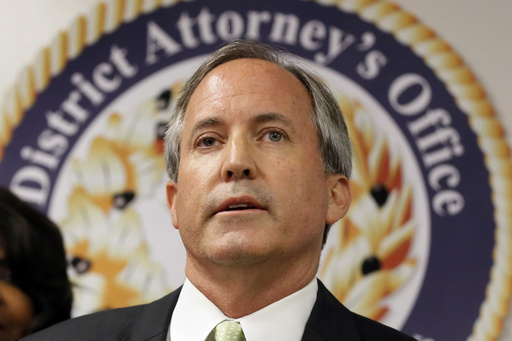On Friday, the Texas Supreme Court reversed a previous court decision that required Attorney General Ken Paxton to provide testimony in a whistleblower lawsuit central to impeachment proceedings initiated against him in 2023.
The Supreme Court stated that Paxton’s office does not contest the issues surrounding the lawsuit filed by four former employees and has agreed to abide by any ruling issued in the case.
According to a statement from Paxton’s office, “This is a significant victory for the State of Texas. The state Supreme Court has supported Attorney General Paxton against previous OAG employees, whose attempts to extend expensive, politically charged litigation against the agency have squandered public resources for several years.”
An attorney representing one of the plaintiffs chose not to offer immediate comments, and another attorney did not respond to a phone inquiry regarding the matter.
The former employees have accused Paxton of wrongfully terminating or pressuring them to leave for reporting alleged misconduct to the FBI. They claim he misused his position to defend a friend and campaign donor, who was allegedly aiding Paxton in hiding an extramarital affair.
The ruling from the Supreme Court highlighted the interest of both the Texas governor and the Legislature in hearing testimonies from witnesses before considering funding to resolve the lawsuit.
The court advised that compelling testimonies from Paxton, First Assistant Attorney General Brent Webster, Chief of Staff Lesley French Henneke, and senior advisor Michelle Smith too soon could be misappropriated for legislative purposes regarding funding decisions.
Under an initial agreement, Paxton had consented to apologize to the former employees for labeling them as “rogue,” settle the lawsuit for $3.3 million, and request that the state cover the cost. This prompted the state House to dismiss the request and initiate its own inquiry, ultimately leading to the impeachment vote against him.
Following a trial in the Senate, Paxton was acquitted of the charges.
The Supreme Court’s verdict is contingent upon the adherence of the lower trial court to its directive, with the court expressing confidence that the trial court will follow through with the ruling.




